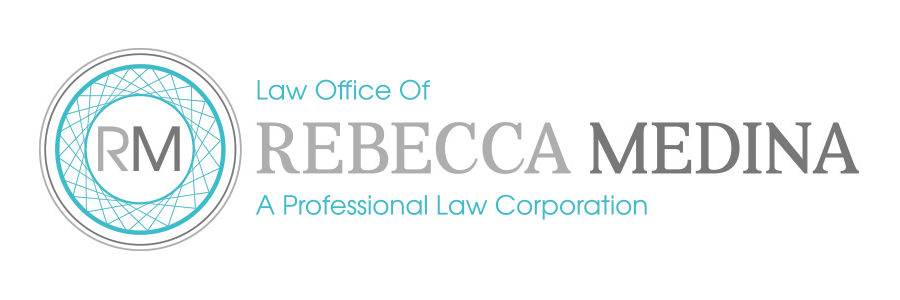If you created an estate plan while you were
married, but have since gotten divorced, you will need to make some upgrades to
ensure your plan reflects your current life circumstances.
You do not necessarily have to completely start from scratch, but it is important to take a close look at each element of your estate plan and figure out if anything needs to change.
Below are some tips for how to handle estate planning after a divorce:
Review your beneficiary designations
Some assets allow you to name a beneficiary, such as life insurance policies, employer retirement plans, annuities, HSAs, IRAs, bank accounts and investment accounts. Most people simply name their spouse as their primary beneficiary and someone else as the alternate beneficiary.
Unless you are required by your Judgment or want to keep your former spouse as a beneficiary, make sure you review all of your beneficiary designations and remove your former spouse as your primary beneficiary so he or she does not inherit money or assets that you want to go to someone else. You can name anyone you want as your beneficiary, including minor children, but they will not be able to fully inherit until they come of age.
Wills and trusts
If you do not update your wills or trusts, your former spouse could possibly inherit your assets and pass them down through his or her family instead of yours. Take some time to carefully review your wills and trusts with a competent attorney to ensure your estate will be handled in the way you want. Keep in mind that you are not limited to naming only your children; you can also name friends, extended family members, and even charitable organizations.
Guardianships
If you have minor children, you must name a guardian in your will who would take care of your kids in the event of your death. This will automatically be the other parent if he or she is still alive but, in case that person has passed away or had parental rights revoked, you should name a backup guardian who you believe would handle the duties of the position well and bring your children up in a way you believe to be consistent with your parenting style.
Financial powers of attorney
If your former spouse had financial power of attorney, make sure you revoke that power so he or she is not able to legally handle certain financial transactions on your behalf.
Advance directives
Advance directives like healthcare power of attorney and living wills are medical documents that allow a person to make healthcare decisions on your behalf if you are unable to make them for yourself. Most of the time, people give this power to their spouse. But if you are divorced, you may not want your former spouse to make life-and-death decisions. Consider giving this power to a trusted adult child, close friend or parent instead.
For more tips and considerations regarding estate planning after divorce, meet with an experienced Fresno and San Diego attorney at The Law Office of Rebecca Medina.

 About the Author: Rebecca Medina
About the Author: Rebecca Medina